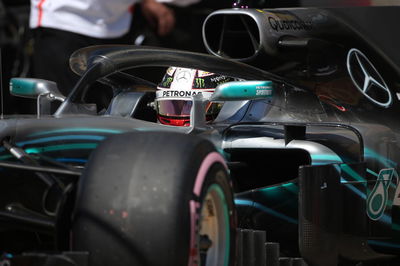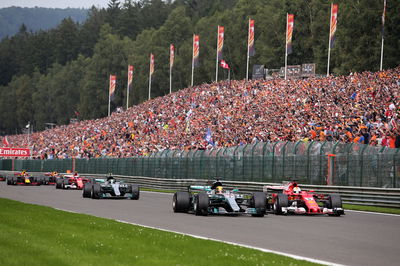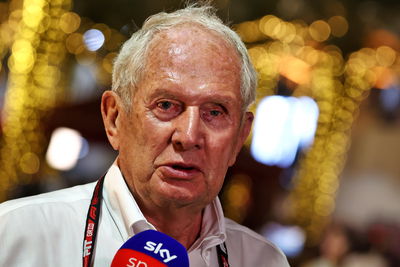Mercedes 'guided in wrong direction' over F1 tyres
Data gathered during post-Abu Dhabi Grand Prix Formula 1 testing sent Mercedes in the wrong direction with its compound selections in Canada, according to team boss Toto Wolff.
Mercedes endured a tough weekend in Montreal as Valtteri Bottas and Lewis Hamilton finished second and fifth respectively, with the reigning world champions once again struggling to optimise its performance on Pirelli’s softest-available tyres.

Data gathered during post-Abu Dhabi Grand Prix Formula 1 testing sent Mercedes in the wrong direction with its compound selections in Canada, according to team boss Toto Wolff.
Mercedes endured a tough weekend in Montreal as Valtteri Bottas and Lewis Hamilton finished second and fifth respectively, with the reigning world champions once again struggling to optimise its performance on Pirelli’s softest-available tyres.
The German manufacturer opted for a different route with its tyre picks for Canada compared to its rivals, limiting its drivers to just five sets of the Hypersoft compound for the entire race weekend. Neither Mercedes driver ran the Hypersofts until Saturday morning, with Hamilton suggesting the team should have brought more sets of Pirelli’s fastest-ever F1 tyre.
With tyre selections for flyaway events needed to be decided 14 weeks in advance, Mercedes opted for the fewest sets of Hypersofts, having failed to carry out a single lap of running on the tyre during pre-season testing as a result of the information it had gained during the end-of-season test in Abu Dhabi at the end of last year.
“There’s not one single reason why we haven’t performed like we should but certainly all of us in the team are aware that based on the findings of Abu Dhabi we were guided in the wrong direction,” Wolff admitted.
“Having had one, or two more sets to accommodate the drivers better for qualifying would have may be, would have may be helped us secure pole position. But I’m saying may be because we don’t know, it’s not only one factor.
“It’s always those many factors that all contribute to solid performance. But I guess that putting Lewis on the hyper on Saturday morning was probably too late. But we are aware of that, and that played a role.”
Wolff, who described Mercedes’ Canadian Grand Prix result as a “major wake-up call” in the immediate aftermath of the race, added he does not believe the team’s recurring struggles on Pirelli’s softest compounds will prove to be a quick fix.
“I’m the opposite of confident. I think this is - we’ve had it in the past - a major wake up call for every single member of the team. Everybody needs to asses how to improve performance in order to optimise on those marginal gains, because those marginal gains are going to make all the difference.”












